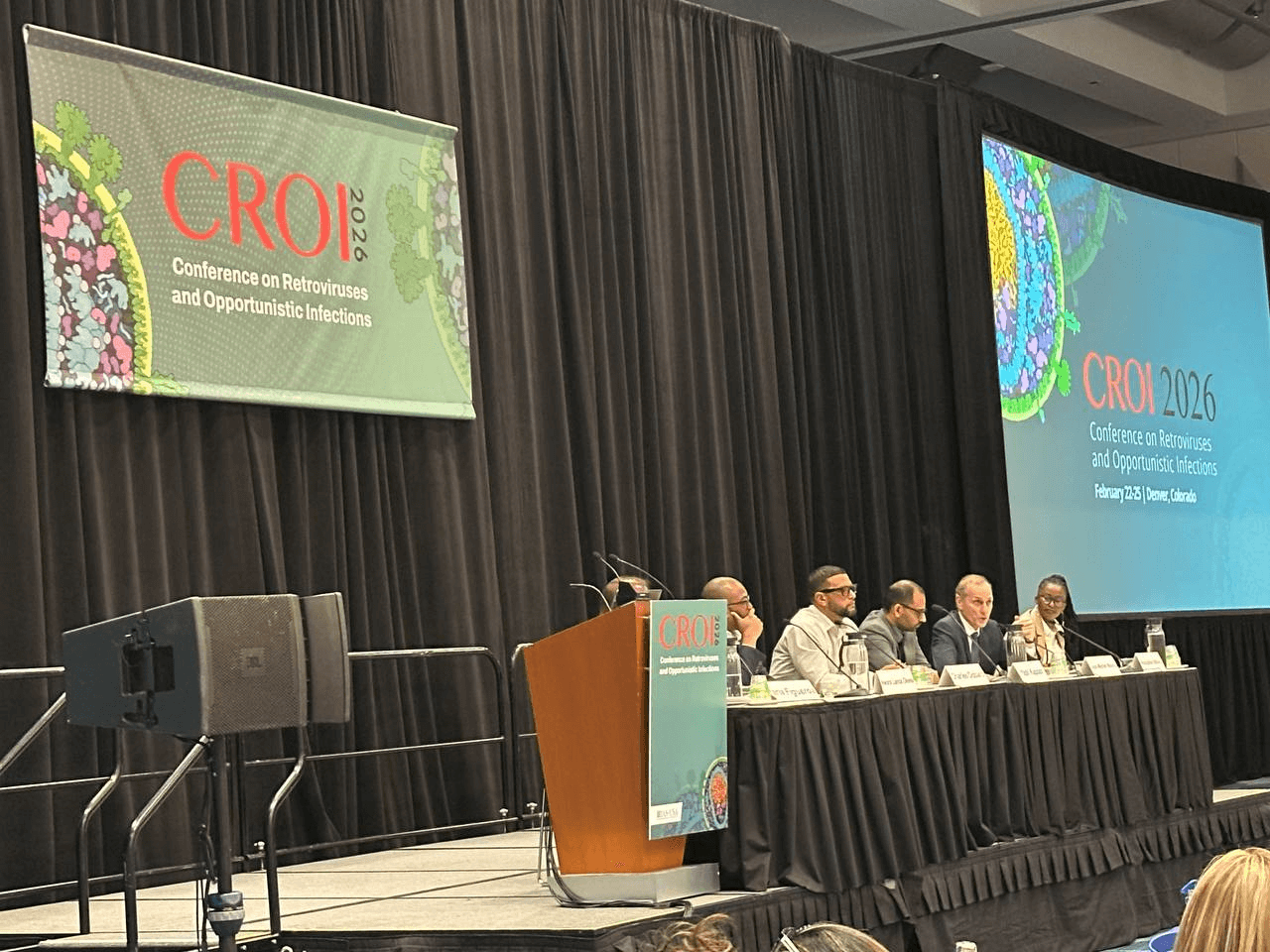Late Presenters For HIV Treatment May Increase Risk Of Immune Recovery Syndrome While Use Integrase Inhibitors

Immune reconstitution inflammatory syndrome (also known as immune recovery syndrome) (IRIS) is a condition seen in some cases of HIV patients. In such condition, the immune system starts to recover, but then reacts to a previously acquired opportunistic infection with an overwhelming inflammatory response such as severely swollen lymph nodes (lymphadenopathy), fever and the worsening of symptoms of opportunistic infections. These symptoms can emerge and may require hospitalisation with corticosteroid treatment.
Dolutegravir and raltegravir, a novel HIV integrase inhibitors, are preferred component of first-line antiretroviral therapy guidelines both in Europe and the U. S. because they reduce viral load very quickly, encouraging more rapid immune reconstitution. A low-cost generics of dolutegravir may soon be added to WHO guidelines for lower-income as become available.
The study from France and the Netherlands presented last month at the Conference on Retroviruses and Opportunistic Infections (CROI 2017) in Seattle suggested these drugs may increase the risk of IRIS.
A reduction of viral load in a very rapid way could dramatically raise the danger of developing an immune recovery syndrome, due to a more rapid reconstitution of the immune system. To date, IRIS has been considered an exceedingly rare adverse event in people taking dolutegravir, elvitegravir and raltegravir.
The study suggests that early watchfulness for IRIS may be primarily justified in people who have low CD4 cell counts who start treatment with an integrase inhibitor. These individuals are at risk of IRIS during the first three to six months after starting treatment.
The study suggests avoiding prescribing integrase inhibitors for patients with low CD4 cell counts. Otherwise: "strict clinical monitoring during the 3 to 6-month period usually associated with IRIS occurrence is strongly recommended”, researchers also say with encouraging other research groups to confirm their results.



